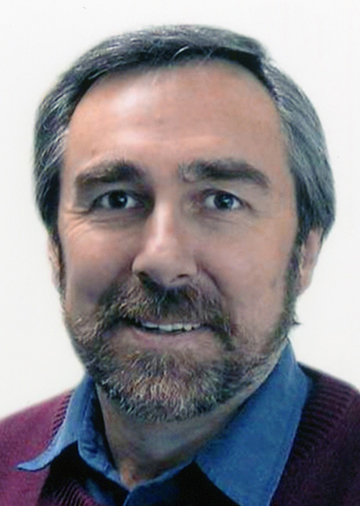

Senior Principal Research Scientist, Division of Marine Research, Commonwealth Scientific and Industrial Research Organization
Dr. K.J. Sainsbury established for the first time the importance of seabed habitats in determining the productivity of key species and the species composition of the Australian North West Shelf ecosystem. He demonstrated for the first time the potential impacts of seabed trawling in changing the communities. His research approach involved the first practical application of experimental or actively adaptive management in fisheries for sustainable exploitation of fishery resources. This work is still widely cited in the scientific literature as the most scientifically rigorous demonstration of the impacts of trawling on the seabed habitat and the fish community composition. The impacts of this work have been widespread. Within Australia it resulted in restrictive zoning of seabed trawling in the North West Shelf and prevention of the development of trawl-based fisheries in the Australian sector of the Arafura Sea.
Dr. Sainsbury co-leads a major study ("North West Shelf Joint Environmental Management Study") aimed at developing and demonstrating practical and science-based methods that support integrated regional planning and management of the North West Shelf ecosystems. The study has identified and mapped the coastal and shelf habitats, and developed models of their dynamics and the impacts of human uses. It has developed integrated models of the oceanography, cycles and location of primary production, the food chain, the dispersal of various materials (e.g. planktonic larvae, pollutants, sediments), uptake and accumulation of pollutants, and the detailed dynamics of key species or species groups (e.g. those important to production, conservation and ecosystem functions). These models are being used to predict the likely ecosystem and socioeconomic outcomes of different management strategies on the North West Shelf. They are being used to identify undesirable features of the existing monitoring and management strategies being applied to human use of the NWS ecosystem, and to identify improvements in the monitoring, management strategy, and overarching policy framework.
Furthermore, Dr. Sainsbury, together with Dr. Carl Walters (from Canada), reviewed the information available for the management of fishing in the Great Barrier Reef, and for more than ten years has provided scientific information for the management and guidelines to assess scientifically the effects of line fishing on the ecosystem.
Thus, Dr. K.J. Sainsbury greatly contributed to the establishment of marine bio-resource management strategies for sustainable fishery production based on his basic studies on population dynamics including experimental fishery management mainly of demersal fish resources in the shelf ecosystems, and consequently to the planning of the Australian marine policy. He contributed much to the development of a paradigm for sustainable utilization of fishery resources not only in the Australian waters but also in tropical and temperate sea areas. From both academic and applied research points of view, he is an outstanding leader in fisheries science who contributed greatly to improved management of fisheries. For this he deserves to be awarded.